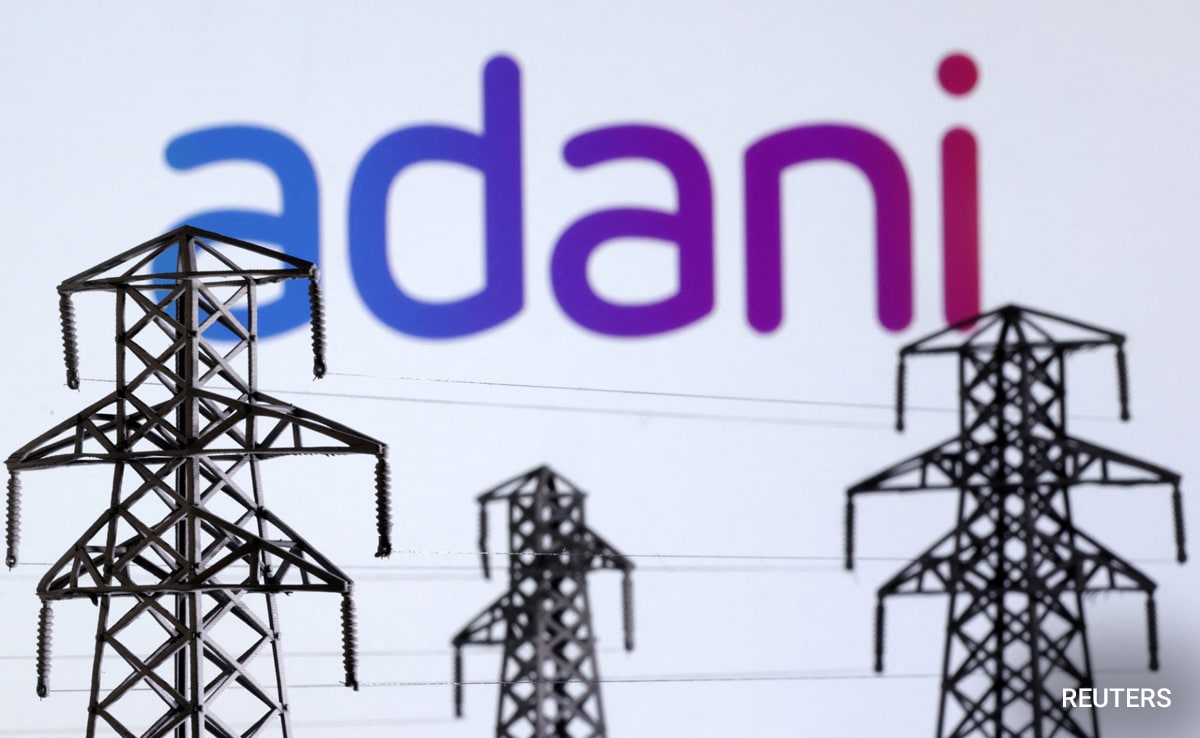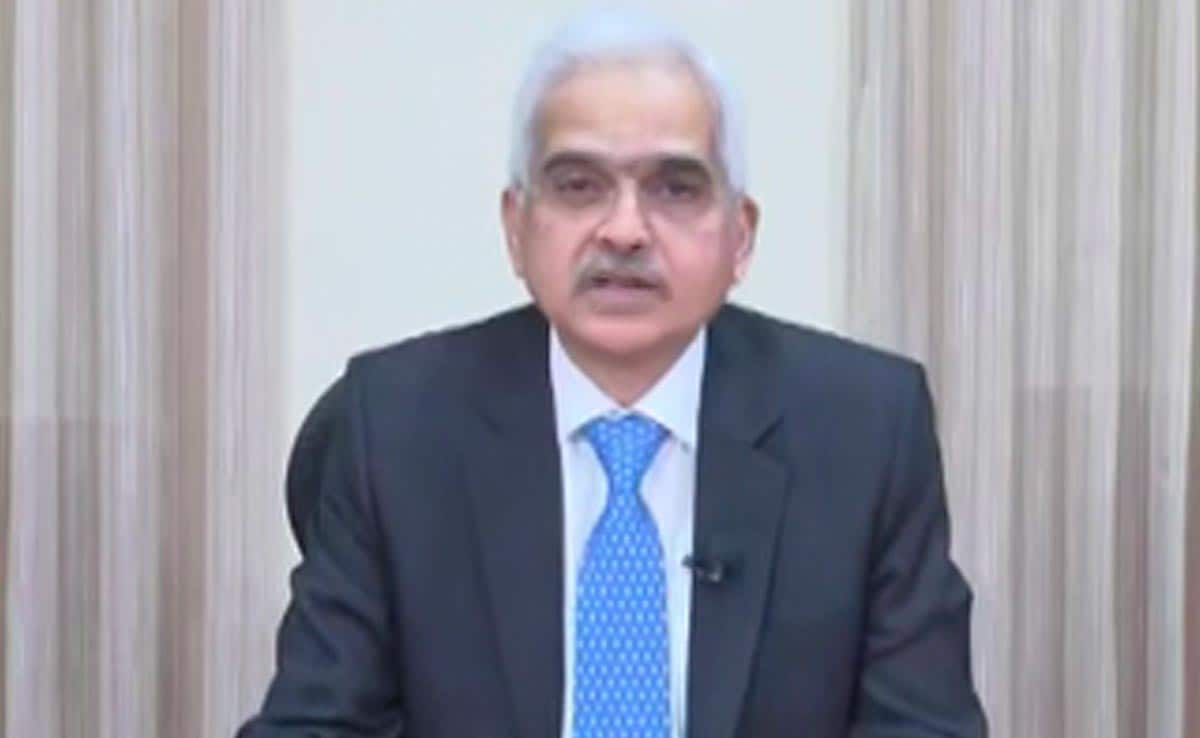There will be no duty on wet white, crust, and finished leather for manufacture of garments, footwear and other leather products for exports, down from the current 10%.
The Union Budget presented on Tuesday has proposed reduction of customs duty for some items in the textile and leather sector.
The import duty on “Methylene Diphenyl Diisocyanate” (MDI) will be reduced to 5% from the current 7.5% to “rectify inversion in duty”. The Finance Minister said, “To enhance the competitiveness of exports in the leather and textile sectors, I propose to reduce BCD on real down filling material from duck or goose. I am also making additions to the list of exempted goods for manufacture of leather and textile garments, footwear and other leather articles for export.”
There will be no duty on wet white, crust, and finished leather for manufacture of garments, footwear and other leather products for exports, down from the current 10%. Duty on some additional accessories for manufacture of textile and leather garments, leather and synthetic footwear or other leather products for exports will also be removed, and the real down filling material from duck or goose for use in manufacture of garments for exports will be 10% from the current 30%.
The budget also plans to introduce new tariff lines for technical textiles.
Sudhir Sekhri, chairman of the Apparel Export Promotion Council said expanding the list of trims and embellishment under Import of Goods at Concessional Rate of Duty (IGCR) will help export of readymade garments.
According to Sanjay K. Jain, chairman of the Indian Chamber of Commerce, National Textiles Committee, the budgetary allocation for the textile sector has been raised by almost ₹900 crores to ₹4,300 crores. This will, hopefully, give continuity to the ongoing schemes.
Chairman of Confederation of Indian Textile Industry Rakesh Mehra said the stagnation in the textile and apparel industry should be addressed with some bold measures for capacity building, modernisation and cost competitiveness. After the expiry of the Technology Upgradation Fund scheme in March 2022, the industry has no investment incentive to expand or modernise.










